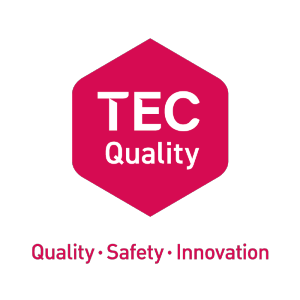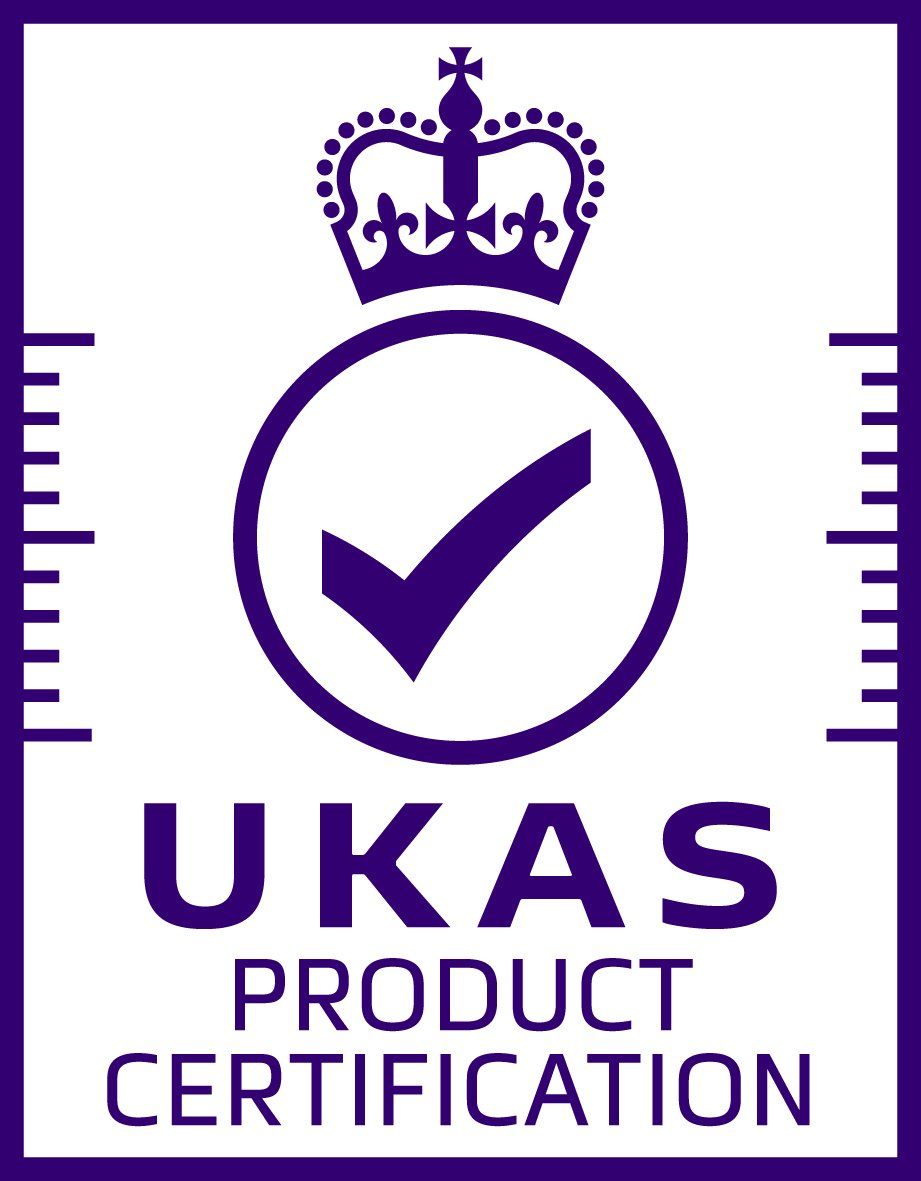Effectiveness of Service
Standards module
v3.2
Effectiveness is a key characteristic of quality- it is about ensuring that any care delivered has the impact it is supposed to whilst achieving the best possible outcomes for the recipient. From a TEC perspective, this may include improvements in quality of life, for example independence, mobility, activities of daily living and social participation as well as specific health conditions.
Effective care is that which is based on evidence; published research evidence or evidence of good practice (that what is known to provide good outcomes). Unfortunately, for many aspects of TEC, there is a paucity of data to support best practice. That which is available is often inconsistent, either not reflecting the full range of service offerings or having limited relevance to day-to-day practice.
Contact us here if you want to learn more about this module
Key outcomes
- People will consistently receive a good as required in the service specification, or a higher standard of service regardless of when, where, and from whom they receive it
- Wherever possible, decision making in Technology Enabled Care (TEC) Service delivery will be evidence-based reflecting best practice
- Customer, Service User and Carer perception of effectiveness will be sought – effectiveness will not be determined purely from a professional viewpoint
Audit process
The Audit Process will seek robust evidence that the key outcomes have been met.
As a minimum, TEC Quality certified organisations must:
- Provide evidence that services are designed to achieve the best possible outcomes for the customers, service users and carers and that service delivery is person rather than technology-focused
- Provide evidence that policies and procedures are proactively reviewed so that they are up-to-date and relevant – in addition, change in legislation /the evidence-base / new technologies may all prompt such a review
- ** Provide evidence that the use of TEC is embedded into health and social care pathways.
- Be able to define the intended purpose(s) of the services being provided, along with the anticipated impact on health and care outcomes.
- Be able to demonstrate that the intended purposes and key operational parameters have been shared and agreed with buying customers and users.
** Note: Does not apply to Supply Sector organisations.
Evidence might include
- Quality Policy
- Clinical Governance Strategy
- Implementation of Best Practice Guidance (NICE) Policy
- Individual Support / Care Plans
- Person-centred Care Strategy
- Re-evaluation Policy
- Quality Accounts
- Annual Report
- Case studies describing good practice
“Technology Enabled Care Services (TECS) have a key role to play in maintaining independence and protecting people from harm. They should complement traditional support and not replace human contact. It is essential that services should be tailored to the individual and that when considering appropriate telecare/telehealth, the risks of the person coming to harm should be balanced against their right to autonomy.”
Madeleine Starr, MBE, Carers UK
Interested in QSF? We’re here to help!


